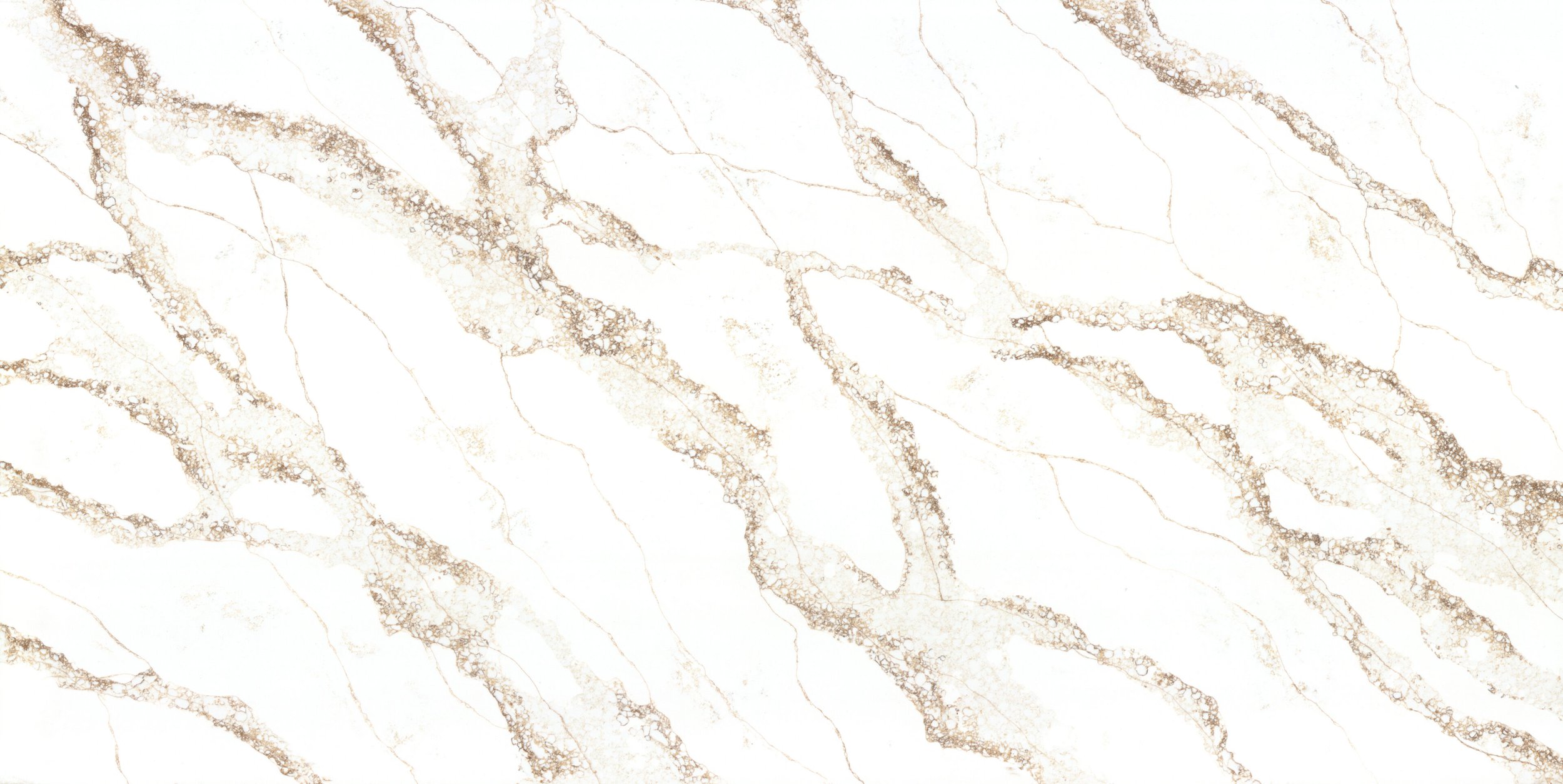
General Tips for All Stones:
Avoid acidic cleaners: Never use vinegar, lemon, or harsh chemicals on any natural stone. These can etch and damage the surface.
Use coasters and placemats: To protect surfaces from spills, stains, and scratches.
Dry surfaces: After cleaning, dry the stone thoroughly with a soft cloth to prevent water spots and residue buildup.
Polishing: Some stones, like granite, can be polished to restore shine. Be sure to use a polish that is safe for your specific stone.
By understanding each stone’s needs and following appropriate care guidelines, you can ensure your stone surfaces stay beautiful and well-maintained for years.
1. Granite
Granite is one of the hardest and most durable stones, but it requires some attention to maintain its shine and prevent damage.
Cleaning: Use a mild dish soap mixed with warm water and a soft cloth. Avoid harsh chemicals or acidic cleaners, as they can damage the sealant or surface.
Sealing: Granite should be sealed every 1-2 years to prevent stains and damage from spills.
Avoid: Abrasive scrubbers, as they can scratch the surface. Be cautious with acidic substances like vinegar, lemon, and wine.
2. Marble
Marble is softer and more porous than granite, so it is more prone to staining, scratching, and etching.
Cleaning: Use a pH-balanced cleaner or just warm water and a soft cloth. Avoid vinegar, lemon juice, and other acidic cleaners, which can cause etching.
Sealing: Marble countertops and floors should be sealed to reduce staining. Seal every 6-12 months.
Avoid: Harsh chemicals, acidic substances, or abrasive scrubbing pads. Always clean up spills, especially acidic ones (like wine or citrus), immediately.
3. Limestone
Limestone is soft and porous, making it more prone to staining and scratching, but it can be very beautiful and natural.
Cleaning: Clean with a mild soap and water solution and a soft cloth. Avoid harsh chemicals and acidic cleaners.
Sealing: Limestone should be sealed regularly, about every 6 months to a year, to prevent moisture from seeping into the stone.
Avoid: Acidic substances like vinegar, citrus, or strong cleaning agents that can erode the surface.
4. Slate
Slate is relatively durable but can be more prone to staining if not sealed properly.
Cleaning: Use a mild soap solution and a soft cloth or mop. Rinse thoroughly to avoid soap residue.
Sealing: Slate should be sealed to prevent moisture absorption and stains, ideally every 1-2 years.
Avoid: Abrasive cleaning pads and acidic cleaners.
5. Soapstone
Soapstone is a softer stone that resists staining and is often used for countertops or sinks. It can patina over time, which many people find desirable.
Cleaning: Use a mild dish soap and warm water. Dry the surface with a soft cloth.
Sealing: Soapstone doesn't need to be sealed to protect it from stains, but applying mineral oil periodically will enhance its color and shine.
Avoid: Abrasive scrubbing, as it can damage the soft surface.
6. Travertine
Travertine is a form of limestone and shares many of the same care requirements. It is porous and requires regular sealing.
Cleaning: Use warm water and a mild pH-neutral cleaner. Avoid acidic cleaners, which can etch the surface.
Sealing: Travertine should be sealed to protect it from stains, especially in high-traffic areas.
Avoid: Abrasive materials or acidic substances, as they can damage the surface.
7. Onyx
Onyx is a very delicate stone, often used in luxury designs due to its unique appearance. It is softer and more prone to scratching and staining than most stones.
Cleaning: Use a soft cloth with a pH-neutral cleaner. Avoid acidic cleaners and harsh chemicals.
Sealing: Onyx should be sealed regularly to help prevent staining, as it is highly porous.
Avoid: Scratching or using any abrasive materials.
8. Concrete
Concrete is highly customizable and durable but can absorb stains and be damaged by harsh chemicals.
Cleaning: Use a mild dish soap and warm water. Wipe up spills immediately.
Sealing: Concrete should be sealed to protect against staining and moisture.
Avoid: Abrasive cleaners and acidic substances.

